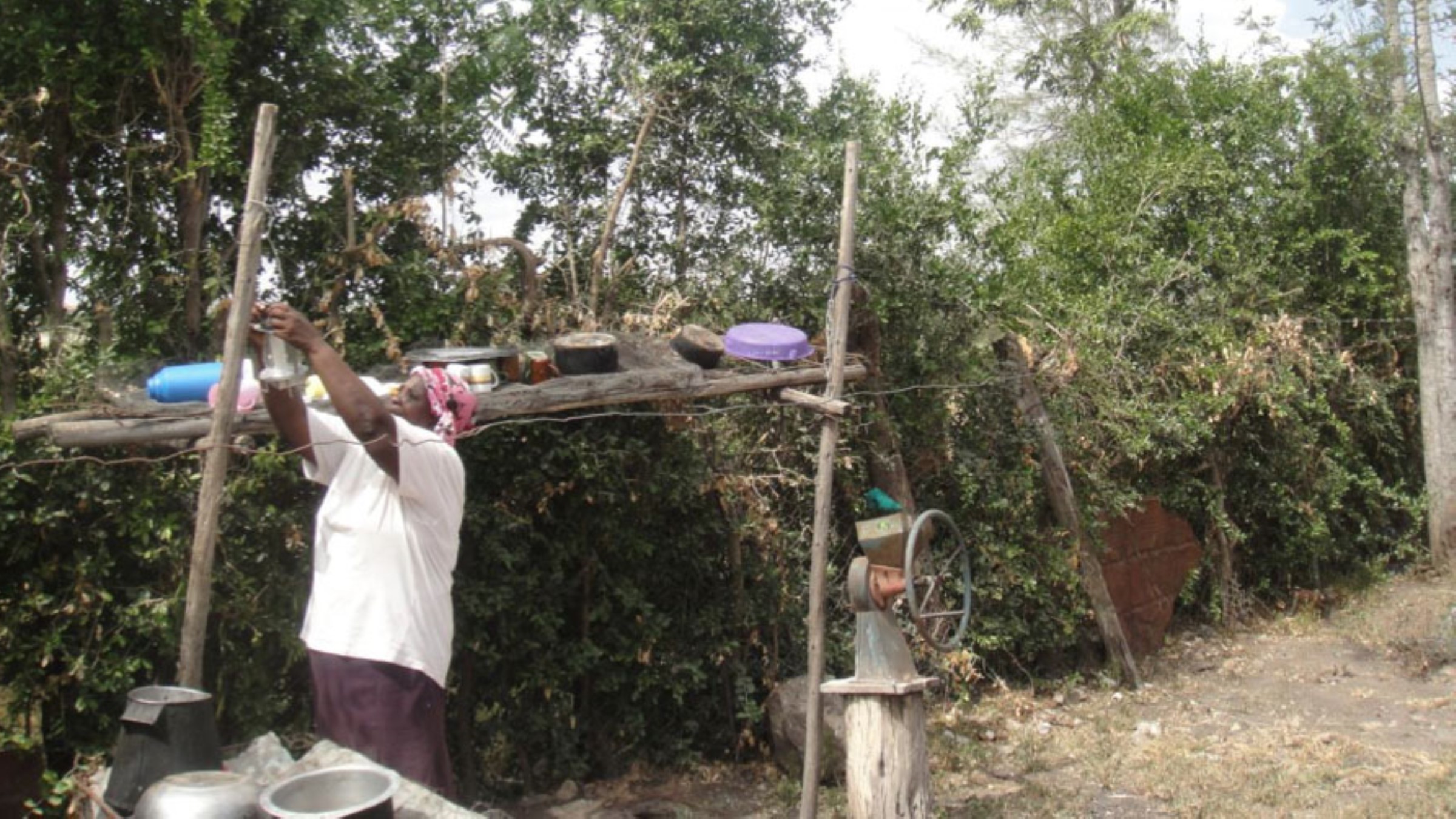Use Solar, Save Lives

Use Solar, Save Lives involves the design, production and distribution of solar-powered lanterns known as “MwangaBora”. The lanterns are distributed particularly to poor rural households without electricity. The initiative also helps communities to set up environmentally sound economic ventures with the money that would otherwise be spent on kerosene. Sustainable Development for All-Kenya (SDFA-Kenya) seeks out communities living below the poverty line with limited access to electricity and provides them with solar lanterns, working with women’s groups in the villages. It then helps people to use the funds that would otherwise be spent on kerosene to set up economic ventures. SDFA-Kenya in not directly involved in setting up the economic ventures, but provides guidance on how likely particular ventures are to succeed and how to best go about establishing and managing them.
- Creating jobs and providing business training to young people, rural women and disadvantaged groups.
- Protecting the local culture of weaving and strengthen community engagement in development projects.
- Reducing carbon emissions from kerosene, thereby helping to mitigate the effects of climate change.
- Replacing kerosene lamps with solar technology cuts household pollution, which improves air quality.
- Helping to improve the living standards of rural households by enabling women’s groups to generate increased amounts of stable income.
Partners
Sustainable Development for All-Kenya (SDfAKenya) makes and distributes the solar lanterns and
helps communities to set up alternative income-generating activities.
Mumashi Women’s Group and Sitian Women’s Group coordinate field activities and identify target households.
The International Institute for Rural Reconstruction runs a programme in shepherding. SDfA-Kenya provides solar-powered lanterns to facilitate learning by trainee shepherds.
UN Habitat has provided a grant for a youth resource centre in Kisumu where solar-powered lanterns and other products are made.
